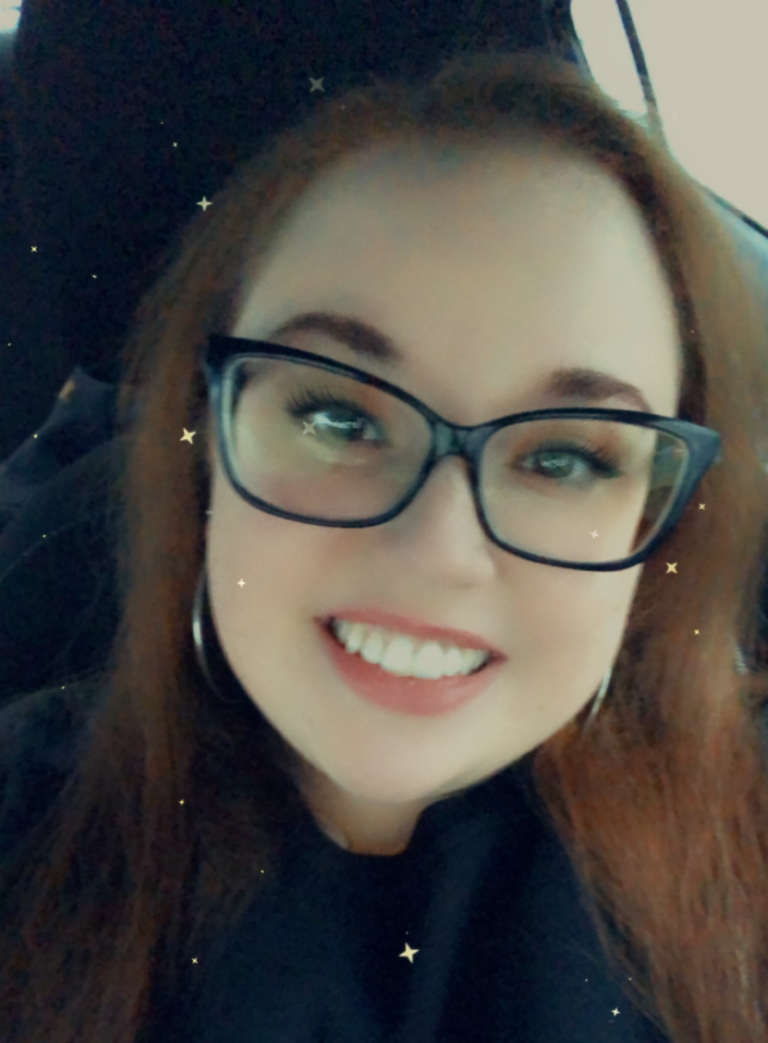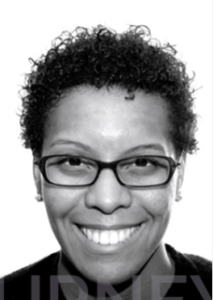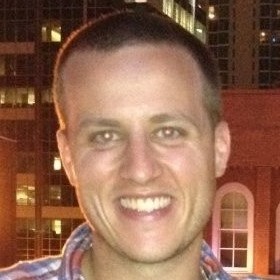Progressive Insurance
Please provide a summary of your job or research. What is an average day like? What are some duties performed?
My job is to take an idea or problem and transform it into a usable piece of software. My day-to-day consists of brainstorming the idea and coming up with multiple ways to solve the problem. From there, I choose the most efficient solution and jump into programming, which is just a fancy way of telling the computer what to do. I spend a lot of time working with stakeholders (people that have an interest and/or will benefit from the new solution) and ensuring we are on the same page to deliver a quality tool or application that makes their lives easier.
What is your educational background and motivation to pursue your field of study?
I have a long history in STEM. I’ve studied Biology and almost obtained a medical degree, but found that life took me elsewhere. I ended up at an insurance company that focuses heavily on technology and innovation. This sparked my interest in exploring computing. I fell in love with the creativity and challenges that come with writing new software programs and making something beautiful, yet easy to use. I now am the proud recipient of a Bachelor’s Degree in Information Technology with a specialization in Web Development. I finished Summa Cum Laude despite the circumstances.
What have you struggled with or overcome in your educational or life path to your current job?
I mentioned earlier that I almost obtained a medical degree. I studied Biology at Kent State University and was in the midst of applying for medical school when my grandmother fell ill. I had to quit school and move back home to care for her, which led to getting an entry-level position at an insurance company. I started in the call center, but quickly realized we were just a tech company that happens to sell insurance. That peaked my interest – I’ve always had a love for the sciences and engineering and knew I wanted to do that, but also knew I wanted to retire from the company I was working for. I went back to school as I worked, but eventually my financial aid ran out. I was stuck – only 4 classes left to complete my degree. I took a loan against my 401k to pay for my remaining schooling which was a tedious and well-thought out decision. It was worth it. I secured a software development role at a Fortune 100 company and will never turn back! I am a lifelong learner and will likely return for my Master’s degree – to be continued…
What is the best part of your job or research?
Any developer will tell you that we run into some sort of problem every single day – whether it’s a bug (a problem that causes the software to not work right) or uncertainty around how to solve a business problem. Many, many things can go wrong, but that’s the best part of the job! I am challenged and forced outside of my comfort zone every single day. You’ll never stop learning as a developer. You won’t just learn technical skills, but you’ll learn how to manage those relationships you build with your entire team and stakeholders. Like Dr. Shepherd says from Grey’s Anatomy – “It’s a beautiful day to save lives.” Well for us, it’s a beautiful day to squash bugs!
What is the worst part of your job or research?
There are many challenges in the development world, but for me, it’s a mix of two things that I find most challenging. Legacy code (an old version of a program that is not compatible with the new version) and unrealistic deadlines are probably the two banes of my existence. Legacy code is difficult to work with because you must maintain backwards compatibility (the ability to successfully use old interfaces, or the communication point where multiple different programs are coming together, and data between old and new versions) and maintaining the functionality of the legacy code itself. Unrealistic deadlines can compound this problem. While technology is fast, there are many different circumstances where it becomes difficult to build something quickly that will be able to be maintained and scaled (used in a range of capabilities). A lot of times stakeholders may say that multiple things are a high priority, so it can be difficult to get them to nail down the one that is at the top.
What is the most exciting part of your job?
The most exciting part of the job is when my code finally works! In programming, it’s probably best to accept that it is absolutely going to break somewhere or not work as expected. There’s a lot of trial and error and once you find the culprit that broke your program, it is the absolute best feeling in the world when you run the code and find that it has worked as expected. I’ve actually almost cried tears of joy multiple times in my career for this reason! It pumps me up and makes me want to dive in and see what else I can do!
What is your most memorable career-related moment?
I’m still relatively new to the industry (2 years in), so I would have to say the most memorable was learning a variety of things in my first year. I learned multiple languages, frameworks (think blueprint), and APIs (allows applications to talk to each other). I was able to build an entire tool from scratch to create datasets for rate modeling (fancy way of saying that you’re pricing insurance products). I built it end-to-end and it is used by the entire company for pricing. This application was my biggest headache and most complex challenge I’ve come across, but it was a proud moment indeed.
What has changed about your profession in the past ten years?
Goodness, what hasn’t changed? Programming languages have evolved and modernized from difficult machine script to readable powerful processing languages. Cloud (delivery of computing over the internet) has come to the forefront of most businesses and many are switching from managed databases to the Cloud. We’ve also seen Agile and Lean become popular, which are really just ways of reducing wasted resources and increasing the speed of delivery (where the finished product is handed over to stakeholders) by pushing through small incremental tasks to flexibly solve a large problem.
What do you think will change in your industry in the next ten years?
Everything. Absolutely everything. In my opinion, I think we will move into more of an AI-based (Artificial Intelligence – basically making a computer think like a human) development toolkit where the program will understand our intent as we go. Cloud (delivery of computing over the internet) will continue to soar and we may see programming become part of the core curriculum in the children’s education system.







